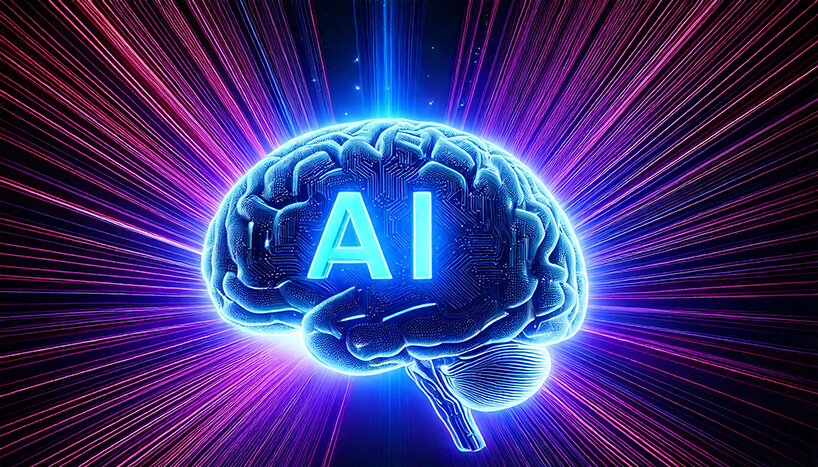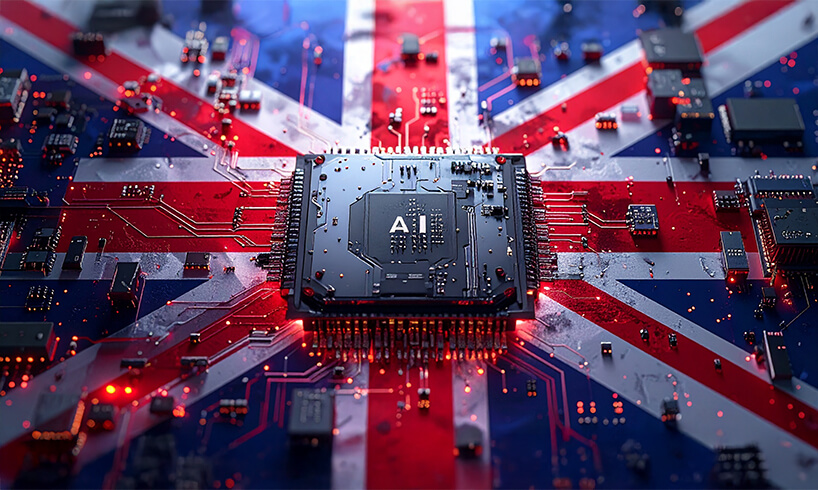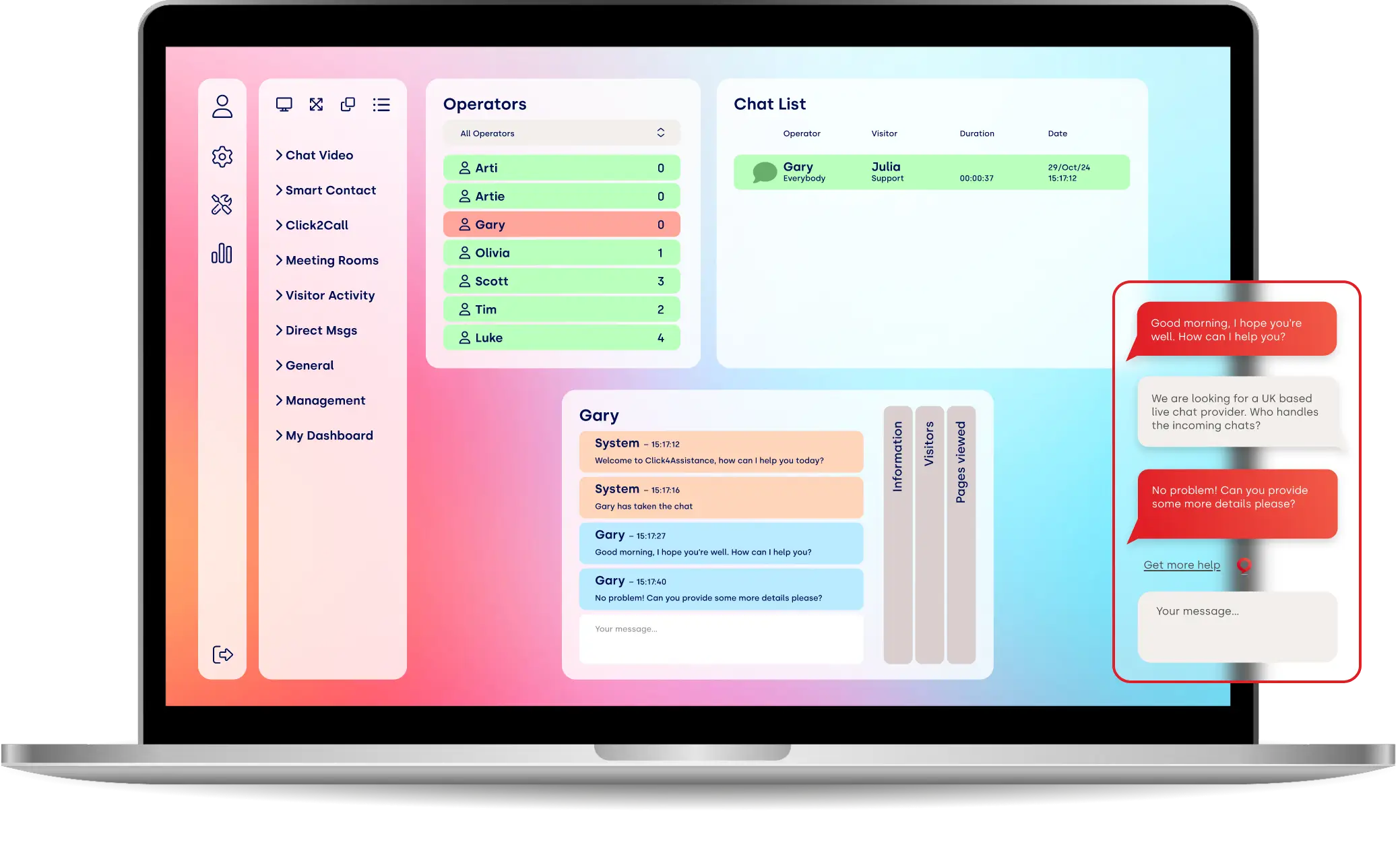AI Agents vs. OpenAI: Key Differences & Impact on Live Chat & Chatbots

Discover the difference between AI agents and OpenAI and how they shape live chat, chatbots, and AI-powered customer support. Learn how businesses can leverage AI for smarter, more efficient interactions.
Artificial Intelligence (AI) has become an integral part of modern customer service, particularly in live chat and chatbot solutions. However, many people confuse AI agents with OpenAI, a company that specialises in AI research and development. Understanding the difference between the two is crucial, especially considering how they impact live chat, chatbots, and AI-powered chatbots.
What are AI agents?
AI, or Artificial Intelligence, is the simulation of human intelligence in machines. AI agents can perform tasks that typically require human cognition, such as learning, problem-solving, understanding natural language, and making decisions. AI technologies power various applications, including:
- Live chat automation
- Chatbots for customer support
- AI-powered chatbots with natural language understanding
- Recommendation systems (like those used by Amazon and Netflix)
- Self-driving cars
- Fraud detection in banking
There are different types of AI agents, including rule-based AI (which follows predefined instructions) and machine learning-based AI (which learns from data and improves over time). The most advanced AI models use deep learning, enabling them to process complex information and generate human-like responses.
What is OpenAI?
OpenAI (founded in 2015) is an AI research company that develops cutting-edge AI technologies and provides them to businesses, developers, and the public. The company is known for creating advanced AI models, including GPT (Generative Pre-trained Transformer), which powers AI chatbots and virtual assistants.
Some of OpenAI’s well-known AI models include:
- GPT-3, GPT-4, and GPT-4-turbo – Language models generate human-like text.
- DALL·E – An AI model that creates images from text descriptions.
- Whisper – A speech-to-text AI model for transcription.
Unlike AI agents in general, OpenAI refers to a specific organisation that develops AI technologies and provides them to businesses, developers, and the public.
How do AI agents and OpenAI affect live chat and chatbots?
1. Live chat
Live chat solutions allow businesses to communicate with customers in real-time. AI agents enhance live chat by automating responses, routing conversations to the right department, and providing instant assistance.
- AI-powered chat routing helps direct customer queries to the most relevant agent.
- AI-driven chat suggestions assist human agents by suggesting responses.
- Sentiment analysis helps agents understand customer emotions and adjust their approach accordingly.
OpenAI’s language models, such as GPT-4, can be integrated into live chat solutions to improve response accuracy and automate complex conversations.
2. Traditional chatbots
A traditional chatbot – such as Coni by Click4Assistance – follows predefined rules or scripts to respond to customer queries. These bots work well for basic FAQs but struggle with complex or unexpected questions.
- Rule-based chatbots rely on keyword matching and pre-written responses.
- They are effective for simple tasks and use basic AI but lack the deep learning capabilities of OpenAI-powered models.
3. AI chatbots (powered by OpenAI)
AI agents, such as Arti by Click4Assistance which is powered by OpenAI’s GPT models, are much more advanced than traditional chatbots. They use natural language processing (NLP) to understand customer intent, generate responses dynamically, and improve over time.
- AI chatbots can engage in human-like conversations and handle complex queries.
- They learn from interactions, making them more intelligent over time.
- Businesses can integrate OpenAI models to create highly personalised customer experiences.
Unlike traditional chatbots, AI agents can adapt to different customer needs, understand context, and provide accurate, helpful responses without relying on rigid scripts.
Why does this matter for businesses?
Using AI agents in live chat and chatbots can significantly improve customer service by reducing wait times, increasing efficiency, and providing 24/7 support. Businesses that integrate OpenAI-powered AI chatbots gain additional benefits, such as:
- Higher customer satisfaction – AI chatbots provide instant, relevant answers.
- Cost savings – AI chatbots reduce the need for large customer service teams.
- Scalability – Businesses can handle thousands of queries simultaneously.
Final thoughts
AI agents and OpenAI are closely related but not the same. AI is a broad concept that includes various technologies, while OpenAI is a company that develops some of the most advanced AI models available today. When applied to live chat, chatbots, and AI chatbots, AI-powered solutions enhance customer service by improving response times, accuracy, and engagement.
Businesses looking to improve their customer support should consider integrating OpenAI’s technology to stay ahead of the competition. As AI continues to evolve, the role of AI agents in customer service will only become more significant.
Would you like to know more about Coni or Arti from Click4Assistance? Book a demo with us today.

























